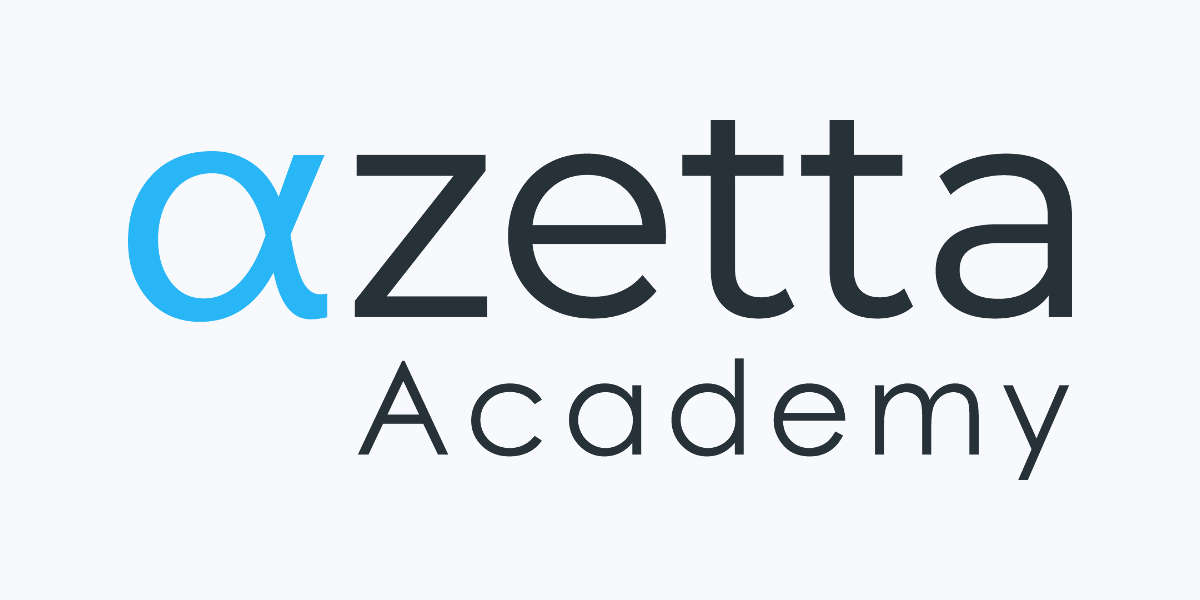The Future of Analytics [Seminar]
This talk examines key trends in analytics deployment and developments in advanced technology. Specific areas of focus include: (1) data acquisition and delivery, (2) operational intelligence in the real-time enterprise, and (3) analytic applications architecture. The implications of these technology developments for analytic implementations will be discussed with examples from across a number of different industries. Learn about key trends in data acquisition and delivery and analytic applications architecture, and discover important modes of delivering operational intelligence.


